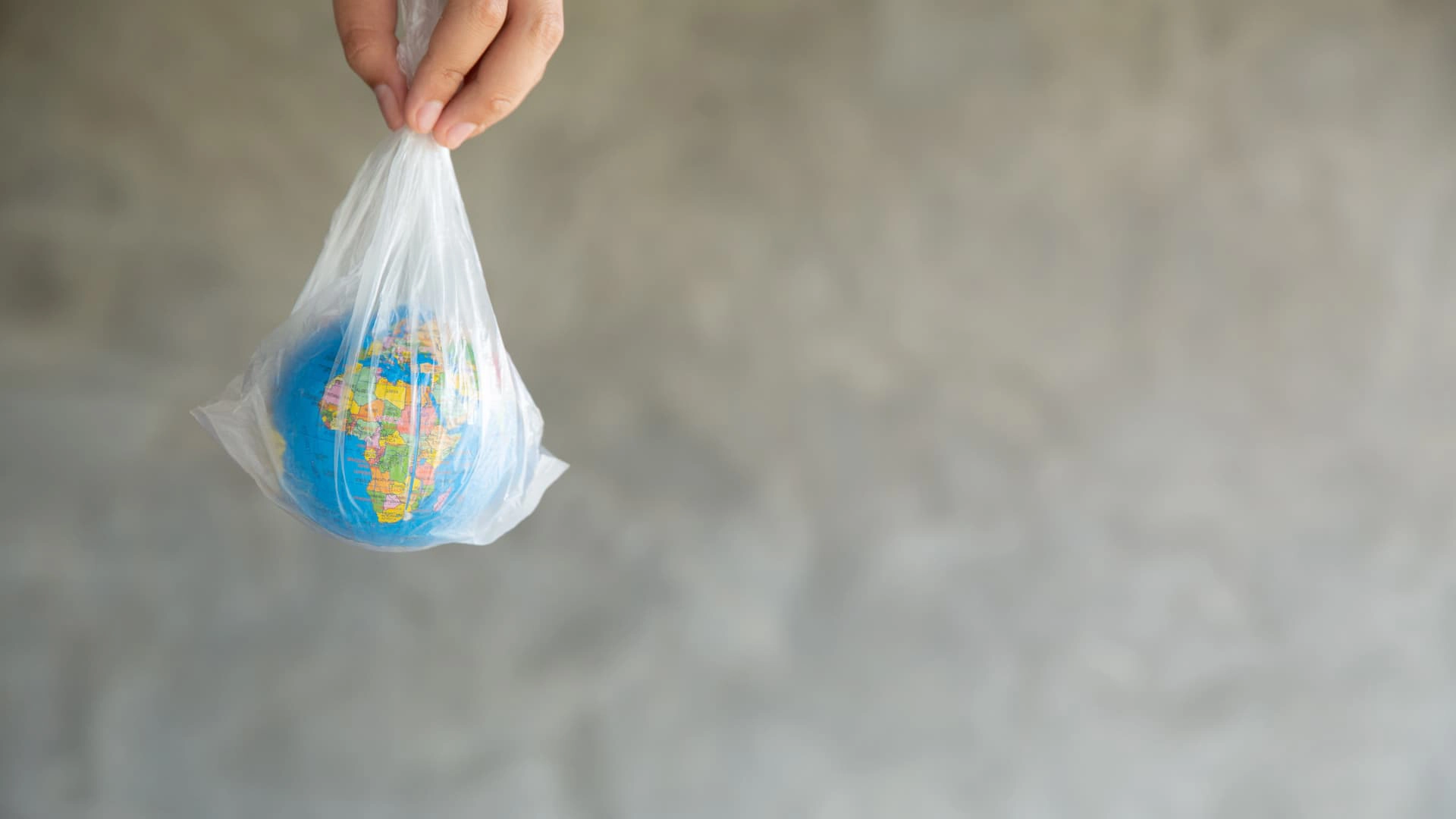
Forever chemicals, non-degradable materials, hazardous waste, pollution, and climate change. You have probably heard these words in the last few months. Nowadays we mention them a lot, but what do they mean, and are they really as dangerous as it seems in the news?
We are constantly polluting our planet: global warming is 99% caused by humans. We poison our agricultural lands, fields, rivers, seas, oceans, the air, and space. Year by year, we increase the output of our garbage. We do not recycle much, nor collect our trash selectively. Since the first industrial revolution, we are harming natural habitats, and emptying the Earth’s resources.
The invention of plastic was groundbreaking. It is easy to manufacture, cheap, and easy to use. Yet, it makes bigger trouble than use for us. The decomposition of plastic takes hundreds, thousands of years. Even your great-grandchildren’s great-grandchildren could find the plastic you threw out long ago.
Polyethylene and polypropylene are the main causes of plastic pollution. Not only years, but a special environment is also needed to decompose these plastics.
In this article, we will find out how long it takes for plastic to decompose.
Does plastic biodegrade?
First, you need to know that there are different types of plastics:
- PET (Polyethylene terephthalate)
- PE-HD (High-density polyethylene)
- PE-LD (Low-density polyethylene)
- PP (Polypropylene)
- PS (Polystyrene)
- PVC (Polyvinyl chloride)
- Other
Only 4 of these are recyclable. In addition, polyethylene and polypropylene have some preconditions for decomposition. They need microorganisms, bacteria, mushrooms, algae, UV light, high temperature, and water to decompose.
Most of the time these conditions are not met. Plastic usually just falls apart, and the tiny parts of that are still there, whether we can see it or not. Buried plastics and plastics in the water are often consumed by animals. And it can even make it to a human’s body after eating that animal.

Read our related articles:
Decomposition time of different materials
We compare the decomposition time of different materials.
|
Material |
Decomposition time |
|
toilet paper |
2-4 weeks |
|
banana peel |
3-4 weeks |
|
newspaper |
5-6 weeks |
|
apple core, cardboard box, cotton gloves |
1-5 months |
|
cotton string, photos, orange peel |
3-14 months |
|
biodegradable diaper, mixed wood, wool gloves |
1-3 years |
|
painted wood, cigarettes |
10-15 years |
|
leather shoes, cans, polystyrene boxes |
25-50 years |
|
soda can, battery |
200 years |
|
disposable diaper, plastic bottle, sanitary pad, fishing net |
400-600 years |
|
glass, styrofoam |
1000-1 000 000 years |
How long does it take for plastic to decompose?
As you can see, the decomposition time for a plastic bottle is roughly the same as the time that passed since the discovery of America. The plastic bag needs even more time to decompose.
Conclusion
- From a couple of weeks, up to a million years: the decomposition time depends on the material and the recycling process (environment).
- Even if it is easy to use and cheap, we need to use fewer plastics.
